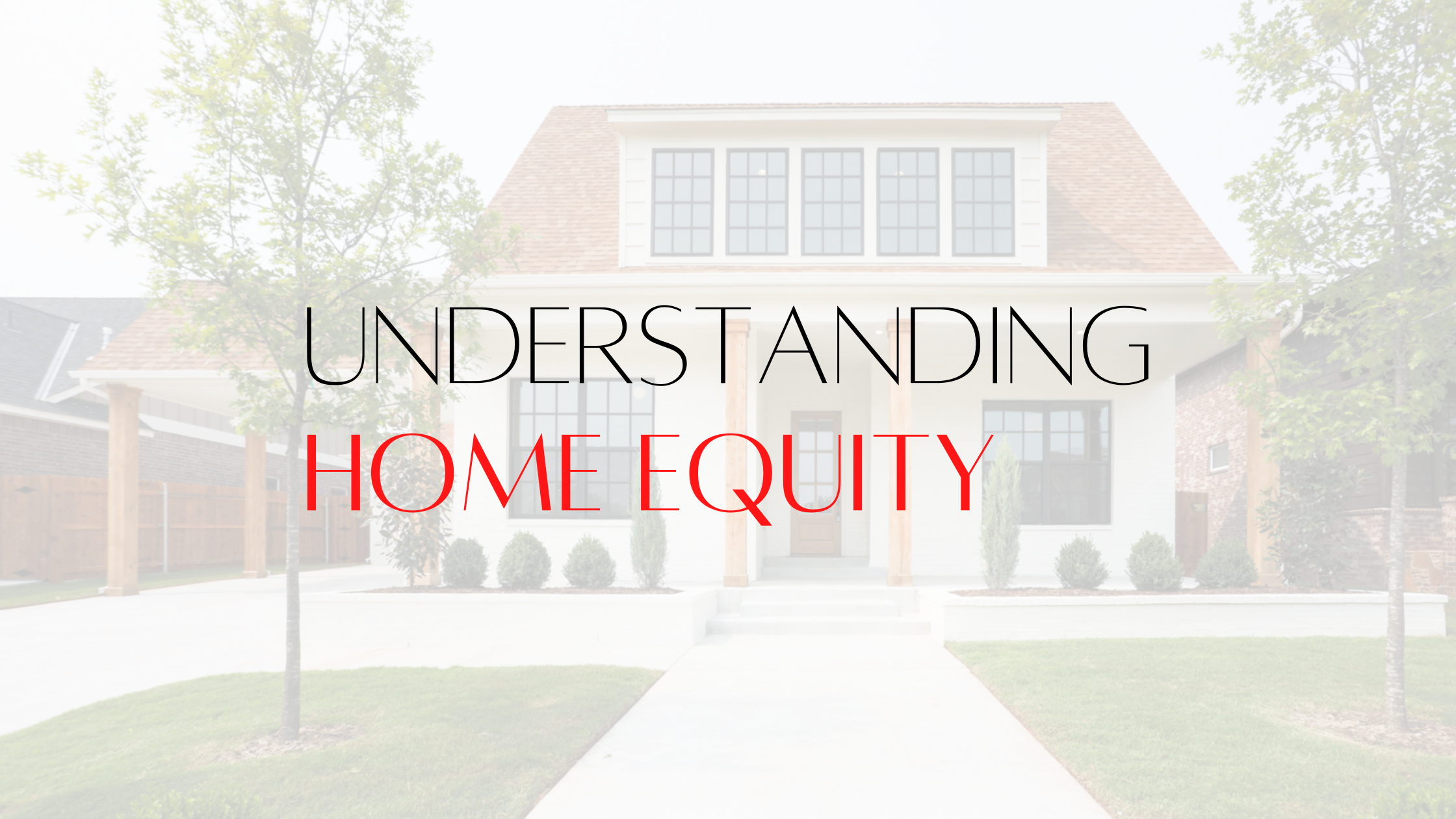1. How do I pick a contractor?
Ideally, you want to build the same kind of relationship with your contractor as you do with your real estate agent: one built on trust that makes you want to go back to that person for any future needs. Your contractor should be a very good listener and communicator. You want them to “get” your vision for your home, and to keep you in the loop every step of the way. Do your due diligence by checking out contractors’ reputations, talking with other clients, and looking at work they have done previously before you make your selection.
2. How much will my project cost?
Of course, the answer depends upon the scope of your project, but in order to get the best estimate from your contractor, take time to write down each detail of your plan so that the contractor can include everything in their estimate. Renovations are famous for taking longer and costing more than originally planned, but this is often because the homeowner makes additions or changes along the way, or they don’t realize that, for example, if you move a wall in your home, you may have to then reroute electricity and outlets. One item often leads to another, so you have to look at everything piece by piece.
3. How long will renovations take to complete?
As we said above, this depends on the amount of work being done– and how many changes are made along the way. The more pre-planning you do, the better estimate your contractor can give you.
4. How do I prioritize projects?
If you are living in your home during renovations, you may want to plan out the project in phases, so you can live out of some rooms while others are being worked in. You may also need to phase projects based on cost and availability of funds.
5. Where do I begin?
You begin by conducting a lot of research. Start a look book for your home, either in a notebook or online, collecting pictures of the look and finishes you want. Talk to different contractors, and visit kitchen, bathroom, appliance, and flooring showrooms to get ideas on selections and pricing.
6. Do I need permits?
Your contractor will know what projects require permitting. Make sure that you do abide by permitting regulations, as failure to secure proper permits can come back to bite you if further work is needed down the road. As well, when you sell your home in BC you'll have to report any renovations made without a permit as a "material latent defect".
7. How much will renovations increase my home value?
Every homeowner hopes that making improvements will increase their home’s value, and this is usually the case, but sometimes what homeowners view as improvement can turn out to be liabilities to future buyers. For example, don’t put so much money into the house that it becomes more expensive than the rest of the neighborhood. And be careful not to add personal style preferences that can’t be easily changed, like ornamental fixtures, radical architecture, or unusual landscape features.
8. How should I pay for renovations?
If you have the cash to pay for your renovations, that’s certainly a good way to go. Otherwise, you might consider a home equity loan with a manageable monthly payment or a revolving line of credit that you can use for renovations as well as emergencies that may arise later.

